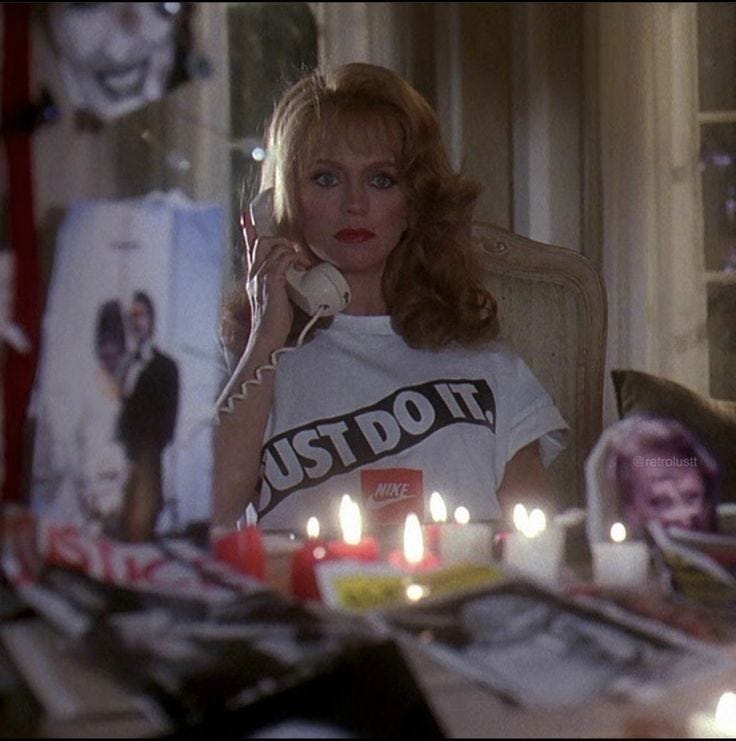Before I dive in: I’m trying to reach 500 paid subscribers so that I can cover my monthly expenses and continue making art + writing since I am no longer running my small business! If you can, please consider upgrading.
Also: I am offering tarot + pendulum readings for a limited time! Come book with me, it’ll be fun!
Keep reading with a 7-day free trial
Subscribe to Fae Wolfe to keep reading this post and get 7 days of free access to the full post archives.



